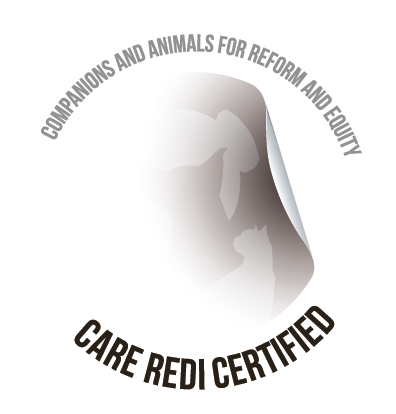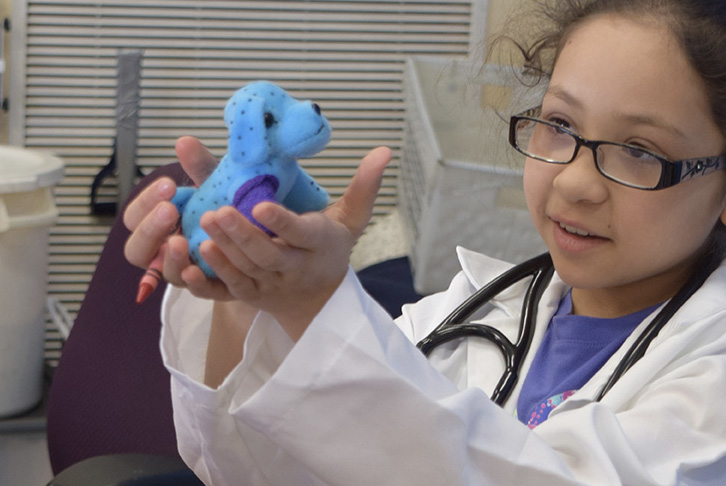Bystander Effect
Veterinary teams tend to be very physically closed and insulated. Any realistic change and personal growth can only occur in an environment that is safe for that. That requires a culture shift. Work culture is critical to define behavioral patterns.
Often, in veterinary clinics, individuals hesitate to voice their concerns when discussions veer into negativity or go against the conversation trends within the clinic. This can encompass refraining from speaking up about inappropriate client discussions, disparaging comments about clients, financial situations, or a lack of empathy toward clients’ challenges.
Veterinary staff need to understand the potential influence a single conversation has on the perspectives of many others. It sets the tone of a work environment that is “toxic.”
And although the client may not be able to hear you, or the pet may not be able to understand you, other members of the staff may have some associations or similarities between their situation and the client’s. However, they may not choose to speak up, while smirking to avoid embarrassment, but suffering internally.
In our role as veterinary professionals, we should aspire to create an environment that’s respectful, empathetic, and aligned with the ethical stances of our profession. This ultimately will benefit our clients, their pets, the entire veterinary team, and the culture of the veterinary industry.

